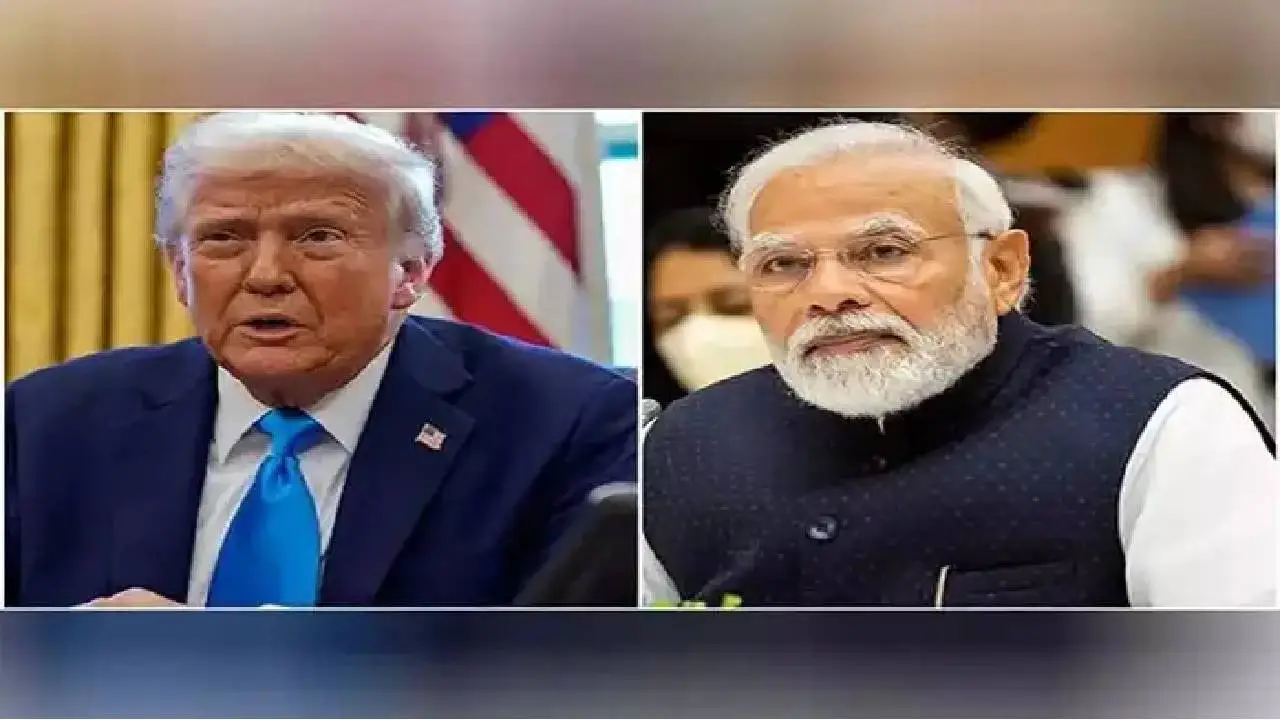
India, USA
International News: General Munir’s recent meetings in Washington highlight a recalibration in U.S. foreign policy, signaling renewed engagement with Pakistan—not just in defense cooperation but in high-stakes diplomacy. This shift comes amid long-standing American pressure on India to distance itself from Russia and Iran. India’s strategic autonomy faces fresh challenges as Washington recalibrates its South Asia priorities. When Russia invaded Ukraine, India resisted U.S. expectations to sever defense ties, refusing to join Western sanctions. That move reaffirmed India’s non-alignment, surprising Washington and highlighting a growing divergence in Indo-U.S. strategic outlook.
Strategic Autonomy
India’s purchase of Russia’s S-400 air-defense system triggered a warning under U.S. CAATSA sanctions—a fierce demonstration of Washington’s leverage. Though India ultimately received a waiver, the episode exposed Washington’s dual approach: praising India as a “Quad” partner while penalizing its defense decisions.New Delhi also faced recurring U.S. pressure to distance its ties with Tehran—especially around Chabahar Port and discounted oil imports. India balanced these concerns while ensuring its energy security and regional influence remained intact.
As the U.S. extends military and diplomatic backing to Pakistan again, Indian strategists are alarmed. Pakistan remains a hub for extremist networks. Any deepening ties between Pakistan and the U.S. risk destabilizing South Asia’s fragile security equilibrium—potentially encouraging anti-India posturing. In response, India will need to reassess its foreign policy priorities. Strengthening ties with the U.S. and strategic partners—while preserving independence in defense and diplomatic decisions—will be key. India might also diversify its global partnerships to offset rising U.S.–Pakistan alignment. The unfolding scenario underscores the evolving balance of power in South Asia. India may accelerate capacity-building, expand military exercises, and deepen regional cooperation to counterbalance U.S.–Pakistan signal.
Strategic Counterweight





Copyright © 2026 Top Indian News
